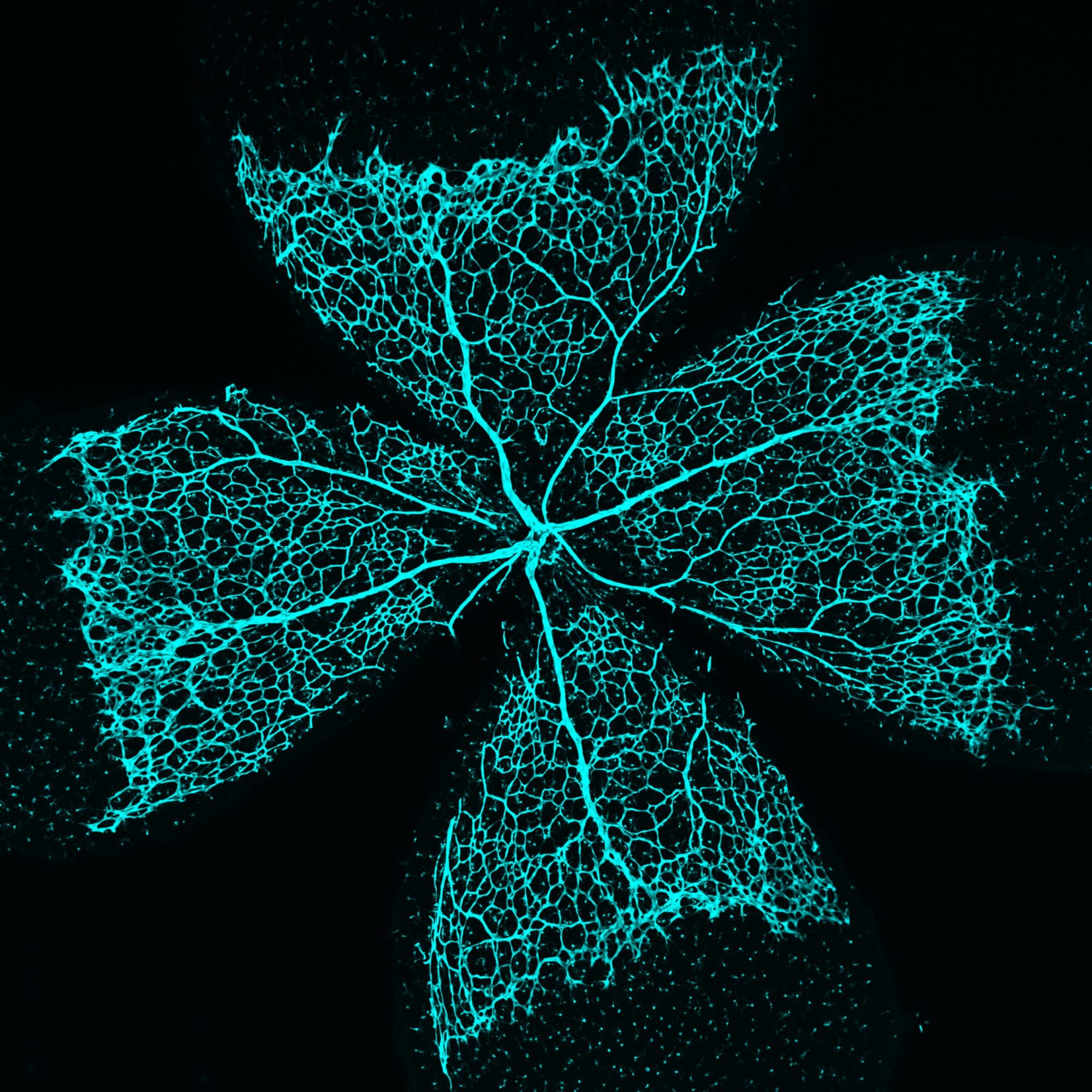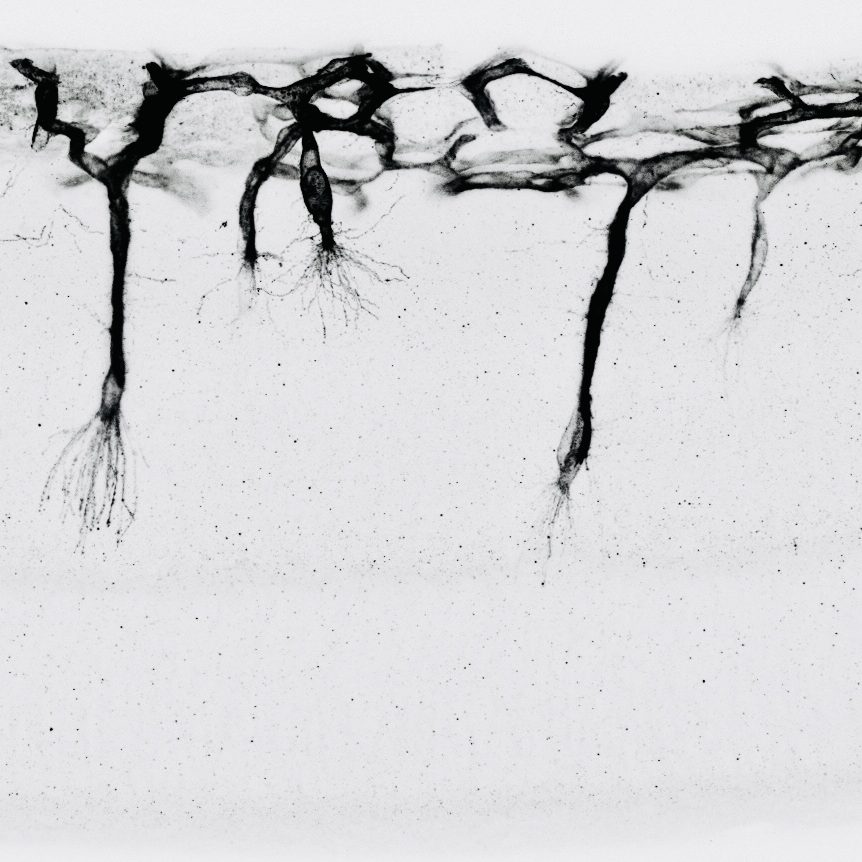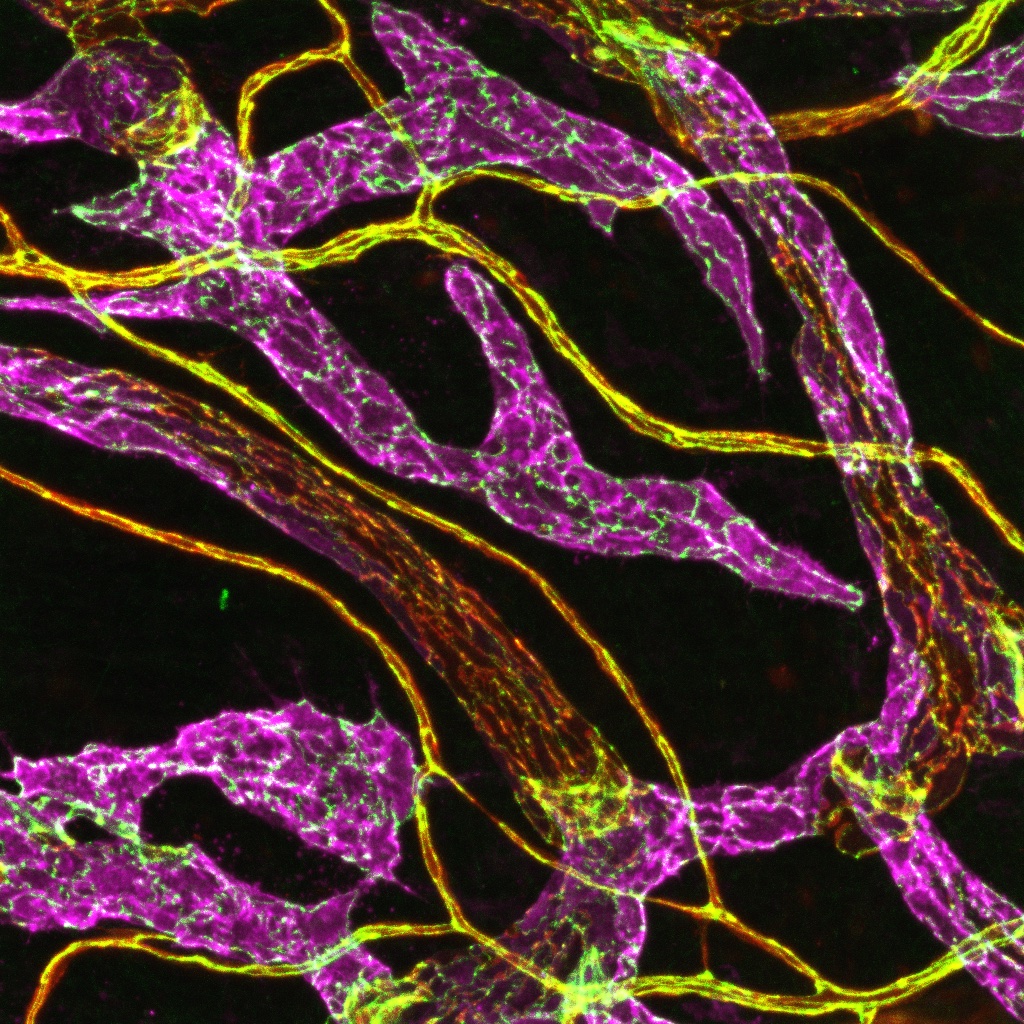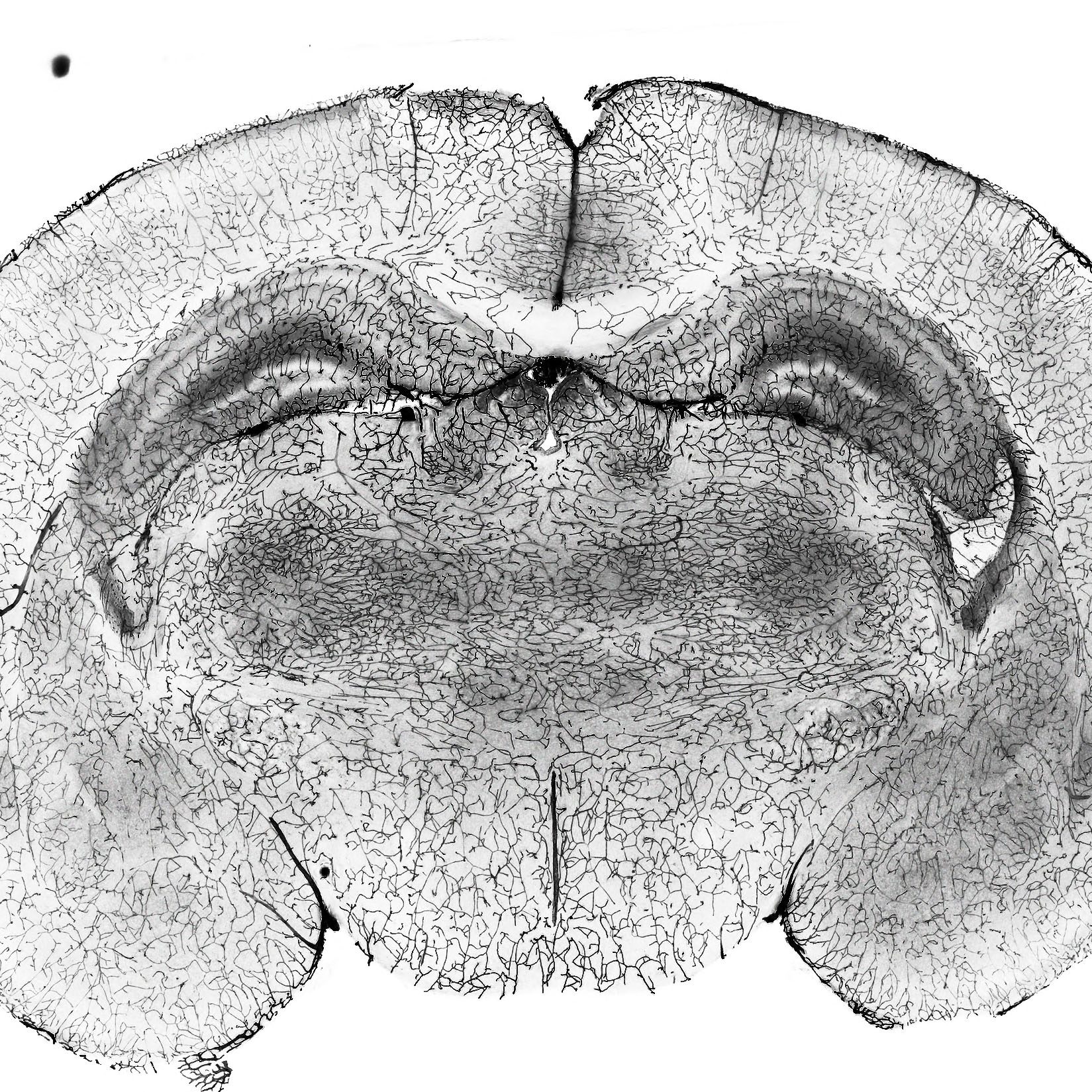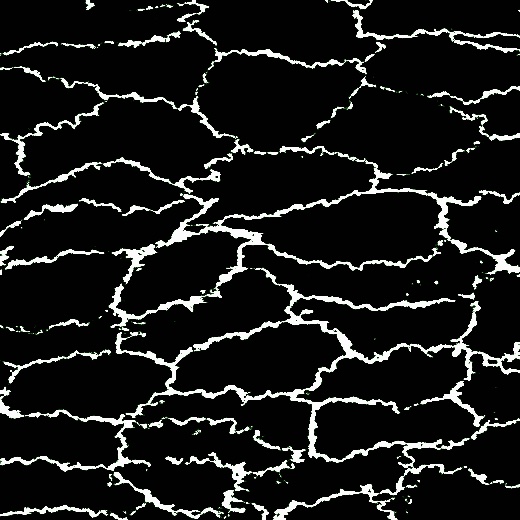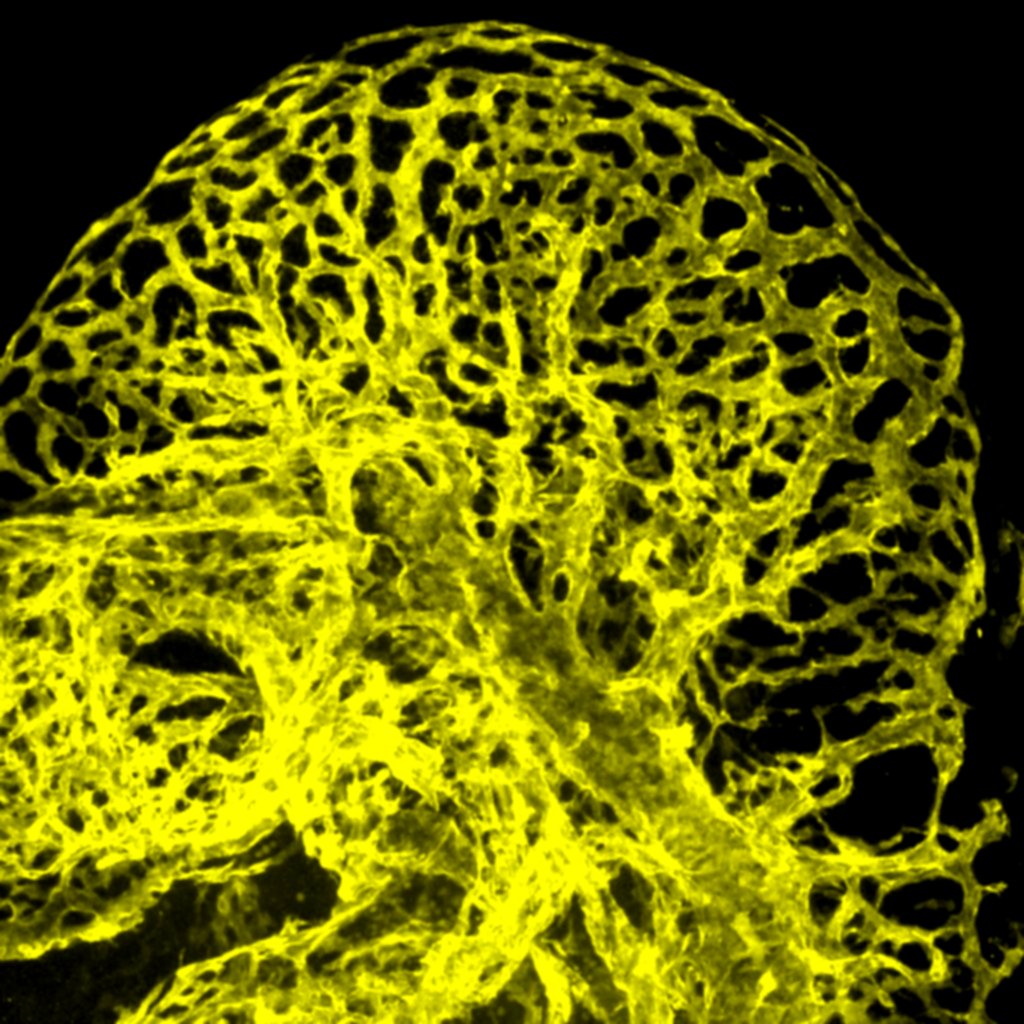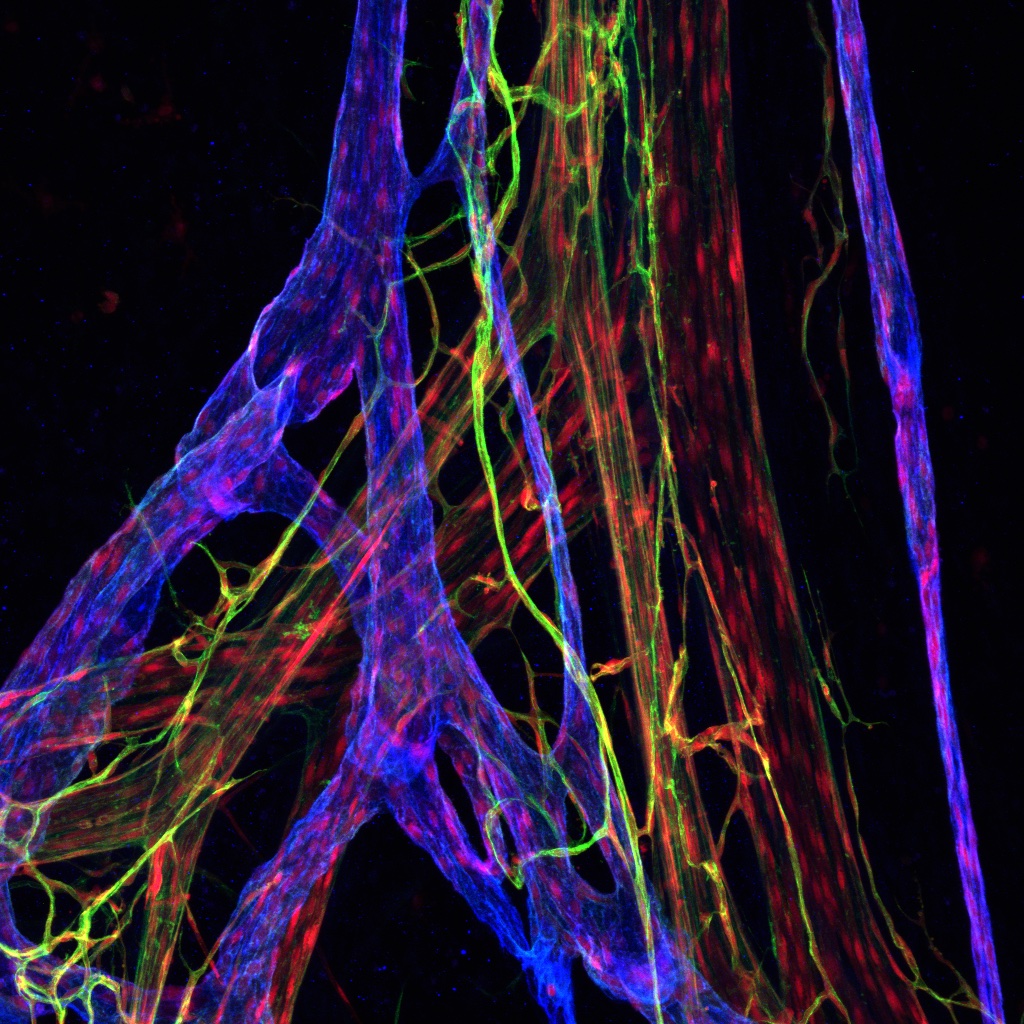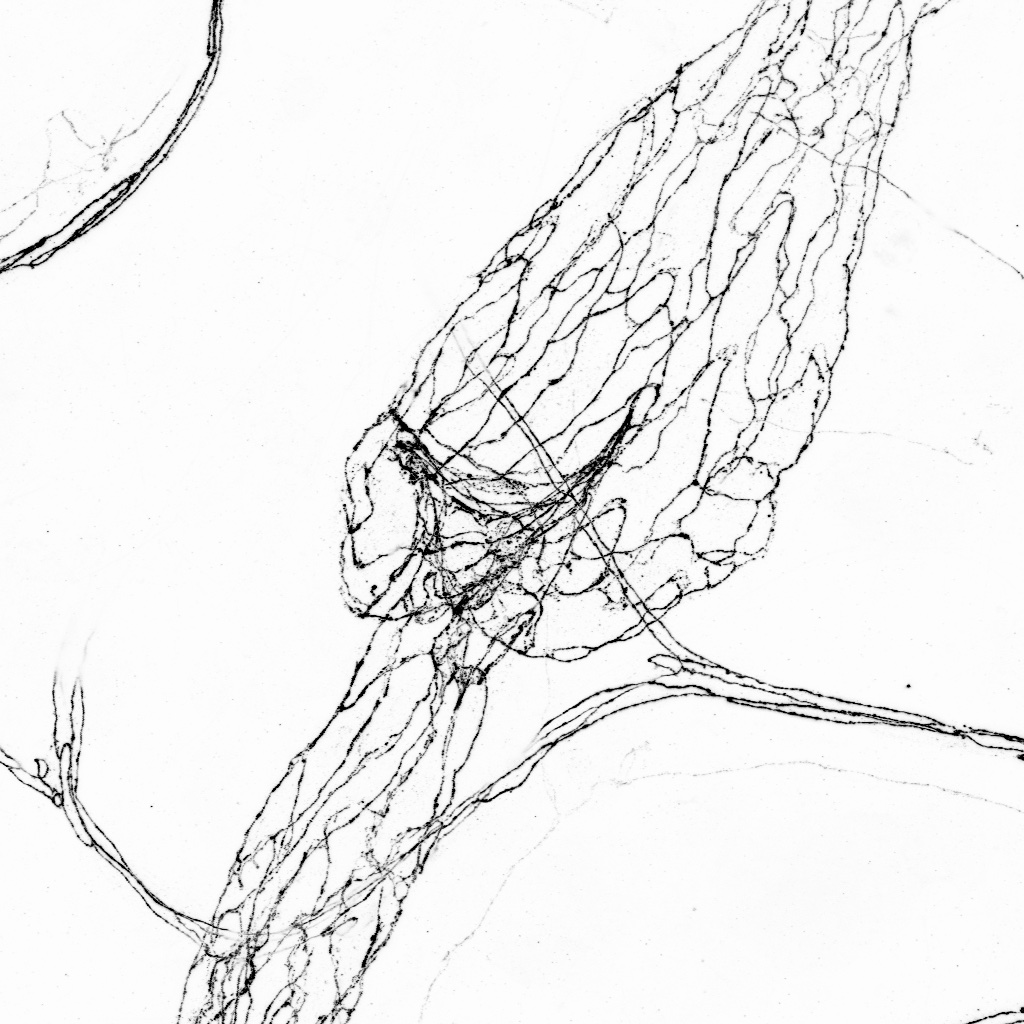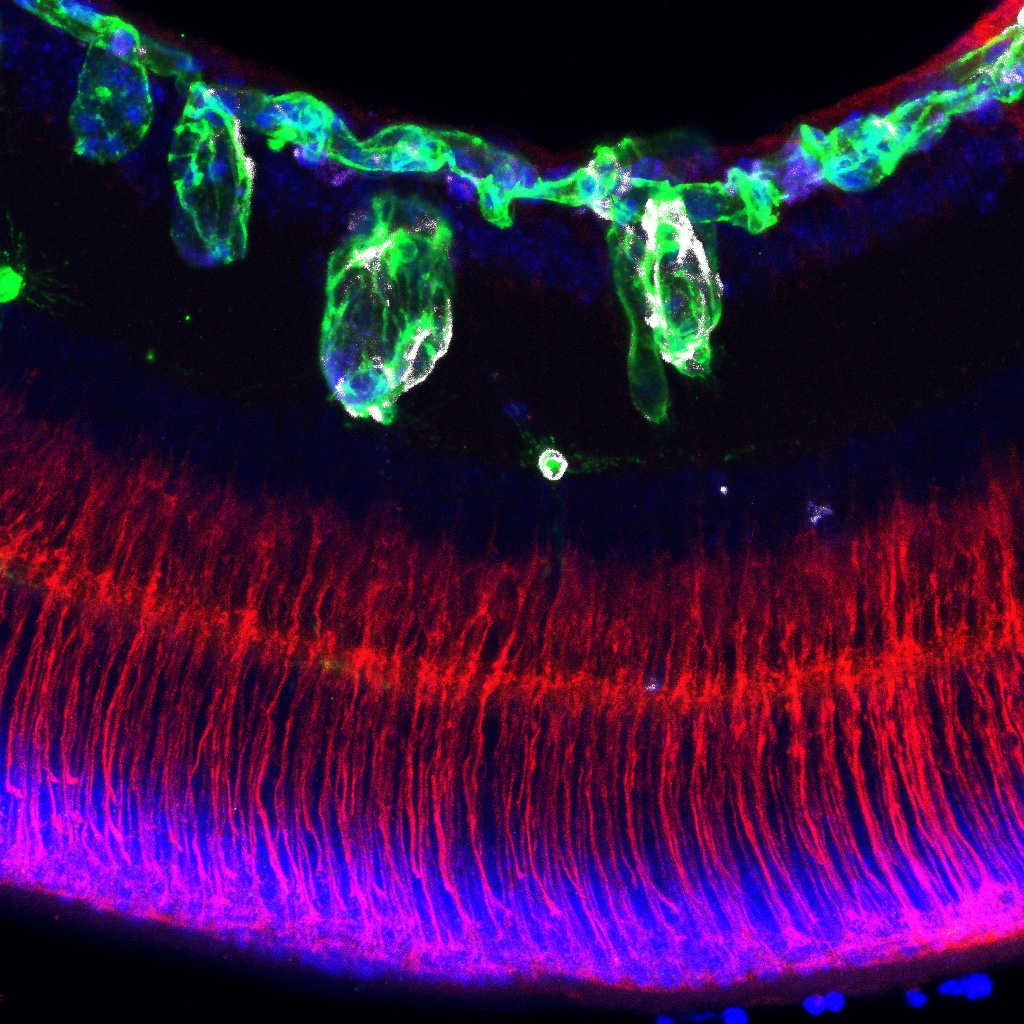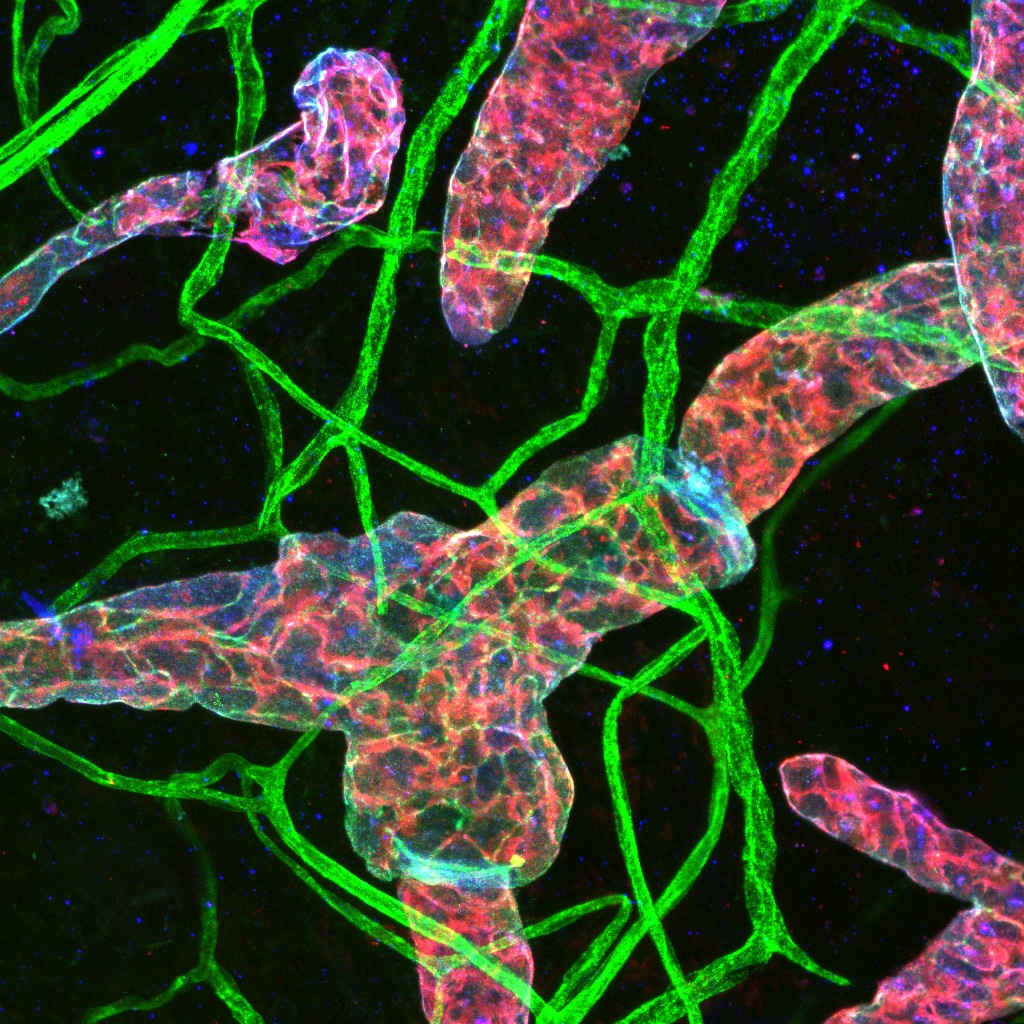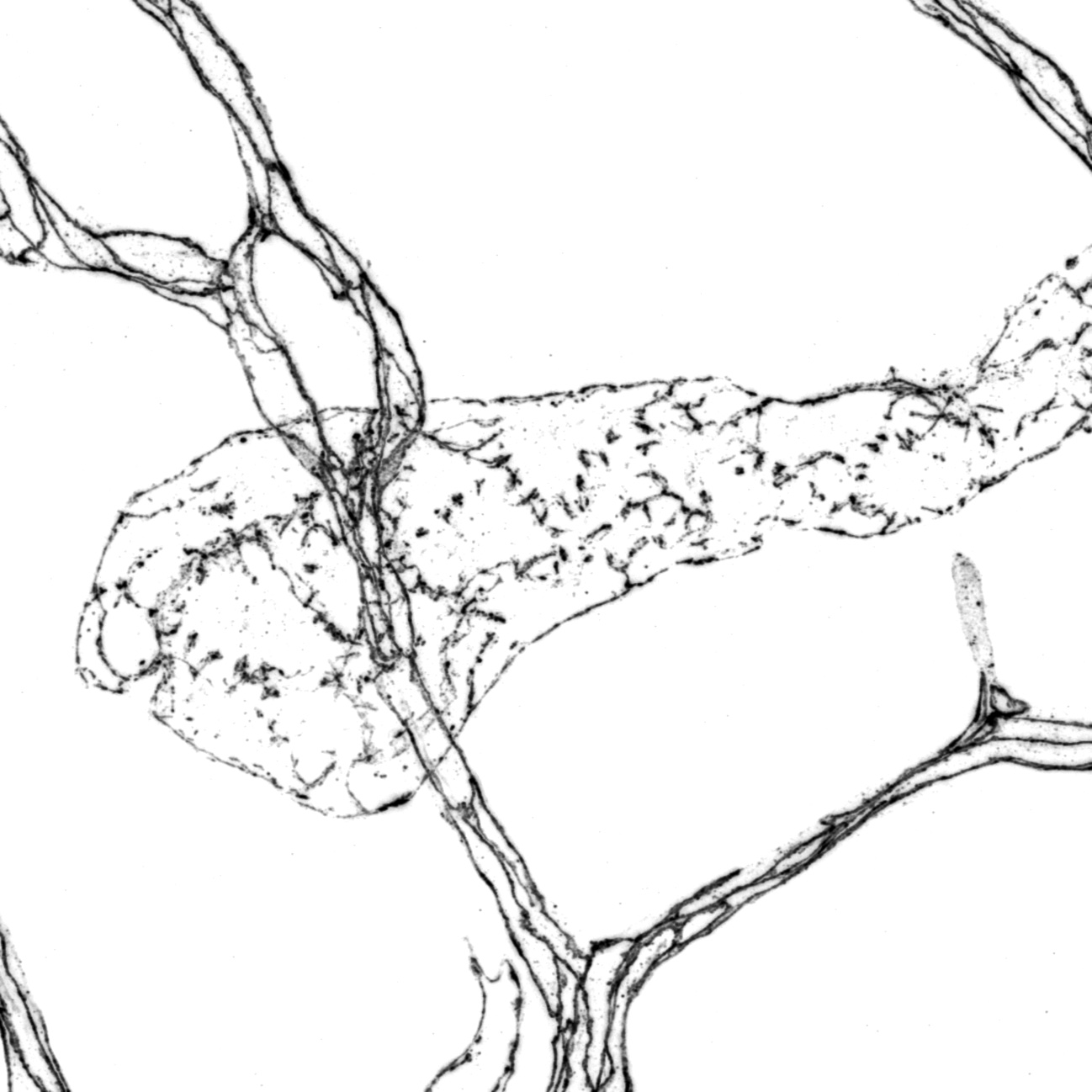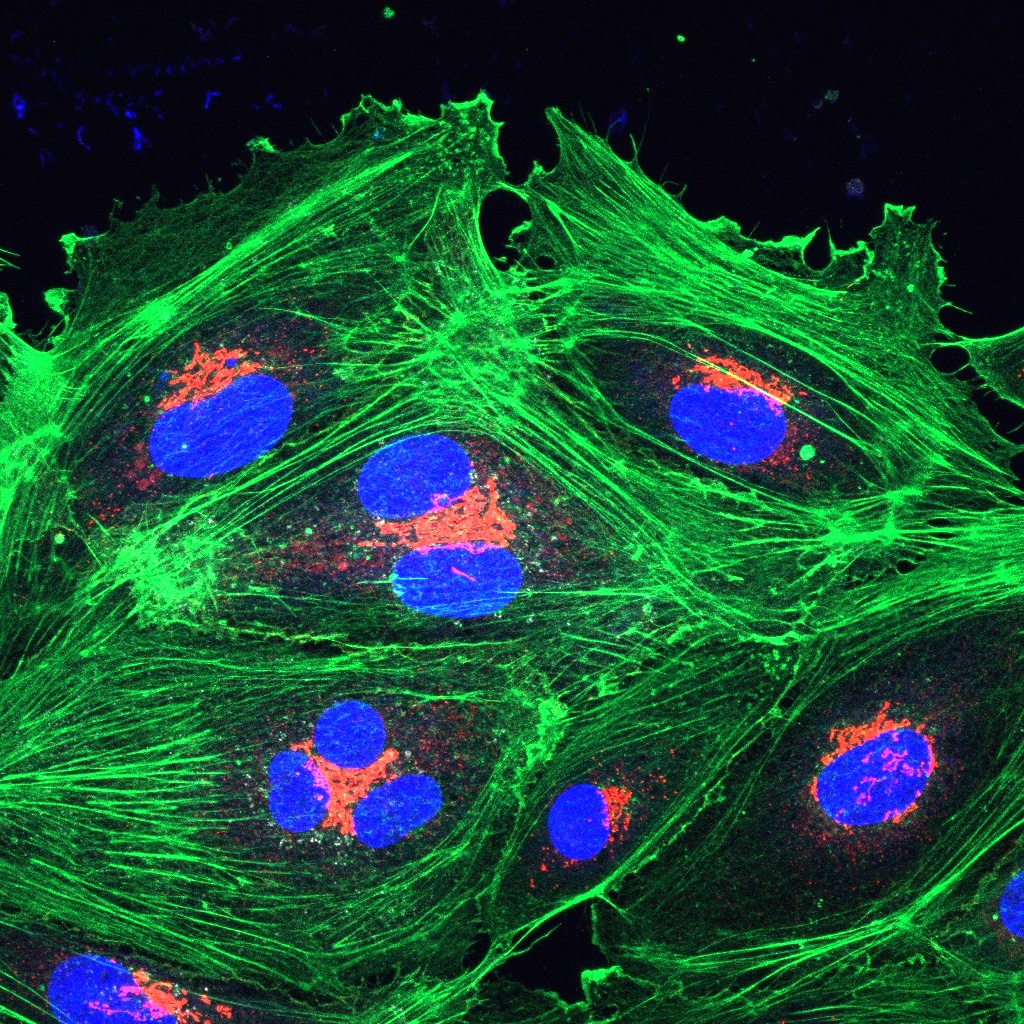In the Zarkada lab we try to understand how endothelial cells grow and form functional vessel networks. We use a combination of complex genetic mouse models, single cell transcriptomics, biochemical and molecular approaches, and state of the art imaging techniques. By discovering novel mechanisms driving endothelial cell behavior, we aim to develop new therapeutic opportunities to treat cardiovascular diseases.
Lab news
Dec 2025 Chevy has been accepted in the highly selective University Scholar Program. Great job Chevy!
Dec 2025 Olivia has received a 2-year predoctoral fellowship from the American Heart Association. Many congratulations!
Sep 2025 Julia’s paper on how to visualize retinal deep vascular layers is out! Read it here.
May 2025 Melissa successfully defended her Master Thesis. Congratulations Melissa!
Dec 2024 Julia has been awarded a 2-year predoctoral fellowship from the American Heart Association. Congratulations Julia!
Jan 2024 Our lab received a pilot study grant from the Retina Research Foundation. We will use this grant to develop a new mouse model to study retina-specific angiogenic sprouting.
Sep 2023 We received a Core Incentive Plan seed grant from UCONN’s COR²E. This funding will help us study the mechanisms of how lymphatic endothelial cells regulate their junction morphology.
Aug 2023 Check out our new paper with Editorial in Circulation Research. We show that chylomicrons regulate their own absorption by triggering the formation of “button”-like junctions in the intestinal villus, via activation of ROCK signaling and cytoskeletal remodeling.
Jan 2023 Our lab has launched! Since January 2023, we are part of the Department of Physiology and Neurobiology, at UConn Storrs.
